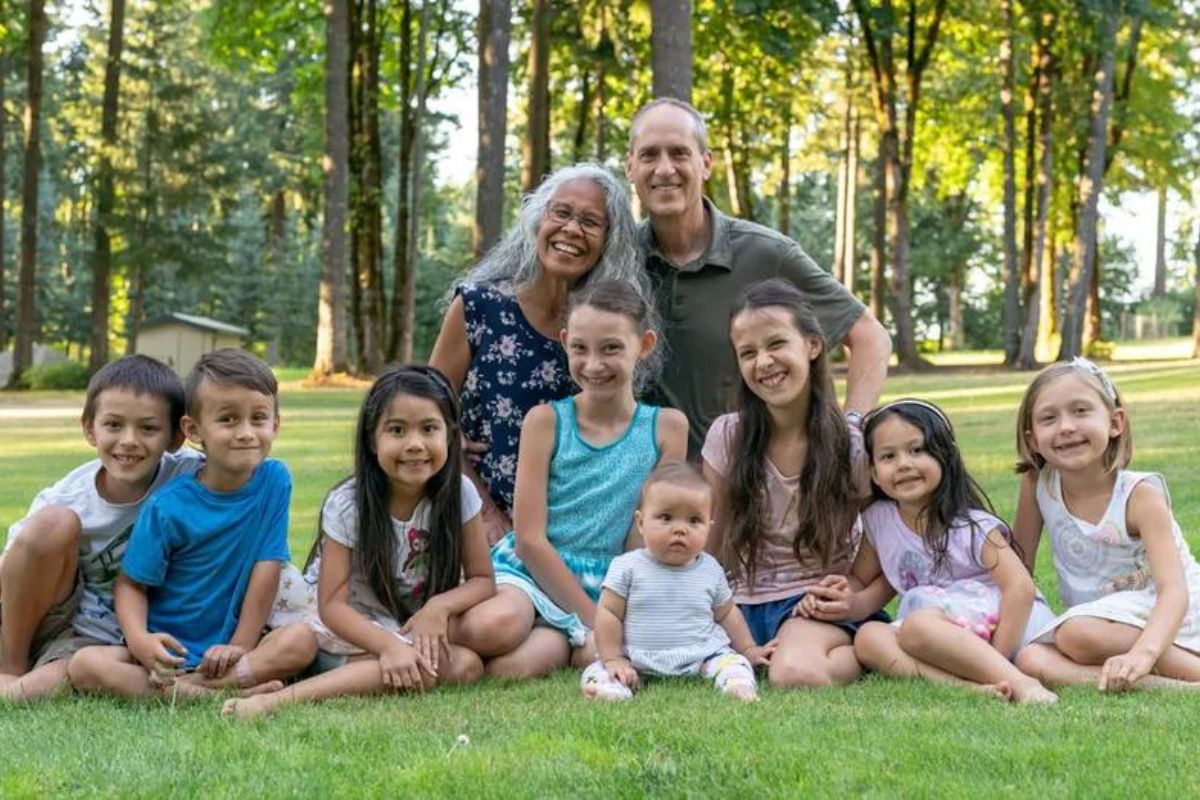When relating to family, people think the merrier, the more it is. Ohio State University researchers discovered that teens in prominent families might get depression.
“The links between a lot of siblings affects their mental health. The datasets of this incident are from China and the U.S”. Downey, author and professor at Ohio University, states. He tells News Digital what happens.
A large-scale study releases the Journal of Family Issues. There are tests in 9400 eighth graders from China. Moreover there are 9100 kids from the U.S. The test studies asked all the kids about their mental health.
Based on these responses, kids with no siblings had better mental health. The stats are from Chinese kids. In the U.S., kids with only one sibling or no siblings have better mental health.
Teen Depression Comes from Social Media

The age difference between different siblings is also a rising factor.
Kids that have older siblings a year older have bad mental health. The study states that they call “resource dilution”. When there are more siblings, the kid gets less resources and less attention. It is unique from their chitrue forn. One child gets all the attention. So their mental health is better.
The results shocked the researchers. Previous research shows good outcomes come to more siblings. So, when they prove it otherwise, it was a shock. Kids with more siblings should have better social skills. They were also less prone to divorce.
However, studies prove that there are limitations. There is a link between more siblings and inadequate mental health. Likewise, it is not a fact.
Researchers did not go through the family links between the teenagers. It also impacts their mental health. Downey said it is not advisable to change human behaviour at a certain point. These reports should remain the same.
“Scholars start to feel that there are consequences with this state.” Downey told Fox News.
“There is a fertility decline. It is important to know the consequences of growing older with less siblings. The evidence is true.”
A clinical psychologist at Hackensack is not involved in this case study. However, she offered to give feedback on the case.
Top Societies Have Less Children, and Agrarian Societies Have More Kids

“With this study, there are results of evolution of the top societies. It is different from the agrarian societies. Agrarian societies think having more children are better. It is because they can work on the farm.” She tells Fox News.
“Now there is more specialization in jobs and economic demands. It means families having two working parents. There are less resources when they need more attention. It affects the child development.”
However, based on Arrington’s view, modern cultures will have fewer multi-generational families. In the past, communities needed more sources of childcare. It makes things easier for older families to pool more resources.
“There were past studies that stated that more siblings have the upper hand.”
Dimitruiu, who is a psychiatrist from California, shared his opinion on research dilution. He is not a part of the research but also contributed.
“In psychology, ‘resource dilution’ means how much parental resources are available. It relates to time and finances. Thus it goes down when there are more siblings in the family.” He tells Fox News.
Dimitriu states there is a “sweet spot” to have more siblings.
“There are bigger factors to affect this issue. It includes parenting styles and socioeconomic factors.”
